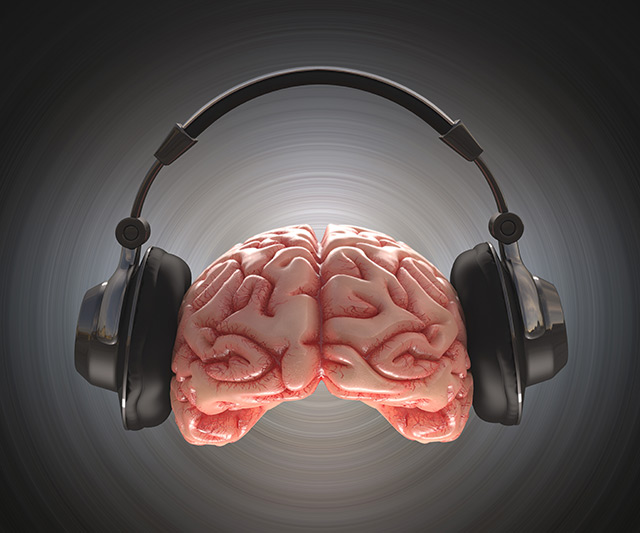Strengthen memory and reduce Alzheimer’s risk with meditation and music
12/13/2017 / By Ralph Flores

Here’s one more reason to put your favorite music on repeat, or pick up your mats and meditate: A recent study suggests that meditation and music can help people who are at risk for Alzheimer’s disease. (Related: Alzheimer’s drugs cause brain damage and actually worsen memory loss.)
The results of the study built on data that indicate Subjective Cognitive Decline (SCD) as a potential indicator for the onset of Alzheimer’s disease. The condition, which is characterized by a change in memory and cognition that is perceived to be beyond the normal aging process, is normally self-reported. However, previous studies have been breaking ground in establishing SCD as a reliable marker for the onset of Alzheimer’s. Despite these advancements, effective therapies for addressing SCD have not yet been undertaken.
For this study, researchers verified whether listening to music or meditation are effective ways of reducing the risk of Alzheimer’s disease using a randomized control trial. Sixty participants with SCD were assigned to either meditate to beginner yoga or listen to music. They were then asked to practice for 12 minutes a day during the next three months. After the third month, participants were asked to continue with their program at their own pace. During this time period, memory and cognitive functioning were measured — with increased focus given to areas that are most likely to be hit by the onset of dementia. Both groups were noted to have significantly improved their memory and cognitive functioning in the first three months. After participants were asked questions aimed to test their memory and tested for their visual attention and response speed, they were able to post an average score of 93 percent. The results were consistent with the group’s previous study which also indicated that meditation could improve mood, sleep, and quality of life for sufferers of SCD. This opens up new possibilities for people with this condition, which can directly affect how we combat Alzheimer’s disease at its onset.
Mother Nature's micronutrient secret: Organic Broccoli Sprout Capsules now available, delivering 280mg of high-density nutrition, including the extraordinary "sulforaphane" and "glucosinolate" nutrients found only in cruciferous healing foods. Every lot laboratory tested. See availability here.
Previous studies have linked the brain-boosting effects of mediation and how it counters Alzheimer’s disease. The website Alzheimer’s.net lists some of its benefits:
- People who practice meditation and yoga have a healthier hippocampus, a part of the brain that is hit with the onset of Alzheimer’s.
- Meditation increases our brain’s protective tissues.
- Elderly people who practice meditation feel less lonely and isolated — two emotions that can lead to the onset of the disease.
- Meditation helps keep stress at bay. Stress is one of the factors that may increase the likelihood of developing Alzheimer’s.
- The stress hormone cortisol, which is known to increase the risk of dementia, is minimized with meditation.
- Meditation helps slow down the aging process of the brain by increasing cortical thickness and gray matter.
According to the Centers for Disease Control and Prevention, Alzheimer’s disease is the most common form of dementia among older adults. The disease is the sixth leading cause of death for all adults. In 2017, more than five million people are believed to be living with the disease in the U.S. alone. Symptoms normally appear after the age of 60, but the disease can start developing years before the symptoms appear. Some risk factors include aging, diabetes, high blood pressure, smoking, and family history. While some of these factors cannot be easily prevented, you have control over the health choices to keep Alzheimer’s at bay. Here are some of the things you can do:
- Maintain an active lifestyle.
- Stop smoking.
- Keep a healthy weight.
- Learn new things.
- Connect more often with your family, friends and the community.
To be updated with the latest in Alzheimer’s prevention and cure, be sure to check out Alzheimers.news.
Sources include:
Tagged Under: Alzheimer's disease, awakening, brain health, cognitive impairment, dementia, longevity, Meditation, memory, memory loss, mind body science, music, natural remedies, Yoga




















